Although there is a precise botanical definition, nuts are used in various ways in cooking and can be included in many recipes. Are they seeds, legumes, or dried fruits? Technically, nut foods consist of two parts – a hard, inedible outer shell and the seed inside, which can also be called the fruit or flesh.
What Is A Nut?
Botanically, nuts are classified as fruits, but they differ in nutritional value from fresh fruits, as they are high in dietary fibre, essential fatty acids, and vitamins. Nuts are part of the oleaginous dried fruits family, which includes all dried fruits that produce oil.
Different Types of Nuts
Many foods are categorized as nuts, such as walnuts, almonds, cashews, Brazil nuts, pecans, macadamia nuts, pistachios, pine nuts, chestnuts, and hazelnuts. Peanuts, often found in appetizers, are legumes and have a nutritional profile similar to other tree nuts. Nuts have many benefits due to their composition, including high protein and lipid content.
What Do Nuts Possess?
Did you know that nuts are a great source of protein? They also contain antioxidants that help slow down the aging of cells. In addition, nuts are rich in essential vitamins and minerals such as vitamin E, copper, magnesium, and selenium. Dried fruits are also a great source of fibre and essential fatty acids like omega 3, which are important for the proper functioning of your body.
Nuts and Their Nutritional Properties
All nuts contain an average of 10 to 25 grams of protein per 100 grams and are rich in vitamins B1, B2, E, calcium, magnesium, potassium, phosphorus, zinc, selenium, and iron. They are also high in monounsaturated and polyunsaturated fats and low in saturated fats. Despite being calorie-dense, nuts are a great addition to any diet and can contribute to cardiovascular health and the prevention of chronic diseases.

Why Should You Eat Nuts?
Eating nuts is a great way to incorporate nutritious minerals into your diet. Whether you’re vegan or following a keto diet, nuts are a convenient and tasty snack that can be used in various ways, from adding them to your fruit mix to making nut milk or nut butter. Not only are nuts a good source of healthy fats and fibre, but each type of tree nut has unique health benefits that can help boost your body. So go ahead and enjoy some nuts today!
Limit The Risk Of Disease With Nuts.
Nuts and seeds are packed with antioxidants like resveratrol, carotenes, lutein, and cryptoxanthin, which offer numerous health benefits. These compounds help protect against diseases such as nerve degeneration, heart disease, cancer, viral and fungal infections, and Alzheimer’s. Eating nuts can also help control blood pressure, improve blood vessel function, maintain low cholesterol levels, and boost vitamin and mineral intake. Nuts are an excellent source of plant-based protein and can reduce the risk of inflammation and chronic diseases when included in daily diets. Each type of nut has different nutritional values.
Walnuts Benefit The Brain.
Walnuts, in particular, are known to enhance cognitive function. They are also rich in omega-3 fatty acids, which are essential for cognitive development, concentration, and learning. Additionally, walnuts can reduce the effects of oxidative stress on the brain.
Can You Lose Weight With Nuts?
Including a small handful of nuts in your diet can help you control your cravings between meals. However, it is more advisable to supplement your meals with nuts to increase their nutritional value. Suppose you are trying to achieve or maintain a healthy weight. Incorporating tree nuts into your diet can make you feel full and satisfied due to their fibre and fat content. For instance, if you are trying to lose weight and your salad only contains a few leaves and tomatoes or cucumbers, you are likely to feel hungry afterward. Adding nuts to your salad can make it more filling and delicious.
Are Nuts Good For Cholesterol?
Tree nuts are high in protein and contain heart-healthy substances. Studies have shown that a diet supplemented with nuts can reduce the risk of heart complications in people with a history of heart attacks. Nuts such as almonds, pistachios, and walnuts contain unsaturated fats, increasing high-density lipoproteins (HDL) and decreasing low-density lipoproteins (LDL). LDL is considered bad cholesterol because it can clog arteries, increasing the risk of heart attack and stroke. On the other hand, HDL is known as good cholesterol because it transports bad cholesterol from the arteries to the liver. Low HDL levels are linked to heart disease, while high HDL levels may help prevent heart attacks and strokes.
Research suggests that consuming nuts frequently have benefits for the heart beyond just lowering LDL cholesterol levels, including lowering blood pressure and reducing visceral adiposity, the fat that surrounds organs in the abdomen. Excess visceral fat can increase the risk of developing type 2 diabetes and metabolic syndrome.
What Are The Benefits Of Nuts?
Pistachios
Pistachios have a similar protein content and offer plenty of other nutrients. They are full of antioxidants and fatty acids. Due to the appearance of pistachios, people think of them as nuts or oleaginous fruits, but they are actually the seeds of the pistachio tree. Small green seeds are the perfect solution if you need a lot of potassium.
Peanuts
Did you know that peanuts are actually a type of legume and contain the highest amount of folate compared to other oilseeds? Folate is essential for brain development, making peanuts a great addition to a healthy pregnancy diet as it reduces the risk of birth defects. In addition to folate, peanuts are also high in vitamin E and contain amino acids, fatty acids, polyphenols, and antioxidants that promote optimal human health. Eating peanuts can even boost memory, fight depression, and reduce the risk of heart disease. Plus, peanuts are widely available worldwide and can easily be added to your diet to increase protein intake and essential nutrients. So next time you’re looking for a healthy snack, consider reaching for some peanuts – the legume that packs a powerful punch!
Almonds
Almonds contain a percentage less protein than peanuts, but they are just as useful because these dried fruits contain more other nutrients than peanuts. This dry food has the highest calcium content of all tree nuts. Almonds are also high in fibre, vitamin E, antioxidants and magnesium. Almonds help lower cholesterol levels and the risk of cardiovascular disease and may help protect against diabetes. Throw away your pretzels and chips because almonds can become a perfect snack for you, packed with nutrients. Almonds are the star food of athletes, for a snack or a protein snack.
Pecan Nuts
Although they are high in calories and fatty acids, they are still good for you – especially for men. Pecans contain beta-sterol, which helps relieve an enlarged prostate.
In summary, all nuts are healthy; the key is moderation. A handful of nuts can lead to good health and a longer life. So go ahead!
Cashew Nuts
Cashews are a popular snack and ingredient worldwide due to their creamy texture. They are a rich source of monounsaturated fats, also known as good fats, and contain more iron and magnesium than almonds. The unsaturated fats in cashews are mainly oleic acid, which is also found in olive oil. Incorporating cashews into your diet may help prevent cancer, promote heart health and strong bones, and improve skin and hair health due to their high copper content. On the other hand, walnuts are higher in calories but lower in carbohydrates than other nuts. Despite their high-fat content, nuts are a good source of protein and may help manage various health conditions.
Hazelnuts
Dried fruits like hazelnuts are widely used in many sweet dishes around the world. They contain less protein than other tree nuts. Still, the health benefits of consuming this type of tree nut are considerable. Hazelnuts are rich in magnesium, calcium, vitamins B and E, especially in unsaturated fatty acids (mainly oleic acid). What makes hazelnuts a food that reduces cardiovascular problems and cancer risk? Hazelnuts also contribute to muscle, bone, joint, digestive and epidermal health.
How Many Nuts per Day?
In 2015, a Dutch study highlighted the benefits of consuming at least ten nuts daily. The study by two Dutch scientists showed that this practice could reduce the risk of cancer, cardiovascular disease, neurological diseases, and diabetes. Contrary to popular belief, this daily limit of ten nuts has not been validated by the scientific community. In fact, the study suggests that this is a minimum requirement, and the actual amount of nuts one should consume daily is not specified to the nearest gram. Along with balanced meals, one could consume up to twenty natural nuts without sweeteners without any negative effects. However, one should consider the amount of fibre to digest and the total amount of lipids in the case of a strict diet when consuming nuts beyond this limit.
How to Consume Nuts?
Incorporating nuts into your diet can benefit your heart as they are natural sources of unsaturated fatty acids and other nutrients. They make a great snack and are affordable, nutrient-rich, and easy to carry around. However, since nuts are high in calories, consuming them in moderation is important. Choosing nuts over unhealthy snacks can help you maintain a healthy heart.
Most nuts are generally healthy, but some contain more heart-healthy nutrients than others. When it comes to consuming nuts, the type doesn’t matter much.
If you’re wondering how to incorporate nuts into your diet, breakfast is a great time to do so. You can add them to your cereal or yogurt with fresh fruit. You can add a handful of dried fruit to your salad at lunch to get your daily protein intake without consuming meat.
How much to Consume?
Nuts are a part of the food types that positively impact common health problems, and a typical meal should consist of carbohydrates, proteins, and lipids. You can add a few walnut kernels to your meal for a delicious, filling, and satisfying experience.
Maintaining a healthy diet throughout your life is vital for good health. Regularly incorporating nuts into your daily diet can benefit your future health. As for how often you can consume nuts, it’s important to consume them in moderation and adjust your consumption according to your daily needs.
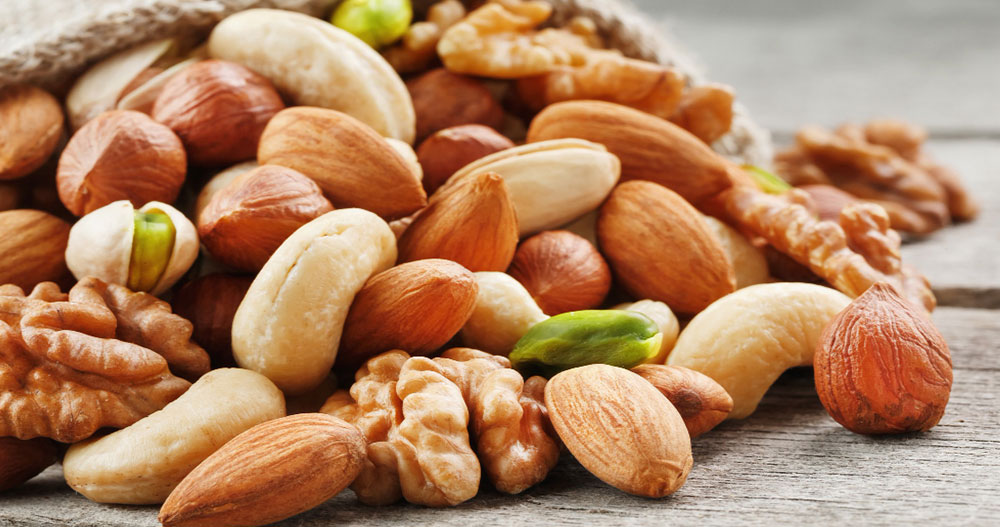
Take Care Of Yourself With Nuts.
Did you know that including nuts in your diet can help prevent heart disease and reduce cancer risk? A Harvard study found that people who ate nuts seven times a week or more had a 29% lower risk of cardiovascular disease and an 11% lower risk of cancer than those who never ate nuts. When choosing nuts, choose raw or dry-roasted varieties instead of those cooked in oil. A serving size is a small handful of whole nuts or two tablespoons of nut butter. Nuts make a nutritious addition to grain-based side dishes like wild or brown rice and mushrooms or can even be used to create a meatless main course. Dried fruits are also a great option for a healthy diet, as they offer many essential vitamins, minerals, and antioxidants and function as an amazing energy source. Nuts are a concentrated source of these nutrients, making it easy to get a substantial daily intake with just a few grams. Enjoy them as a snack, or you can also add them to your recipes, making them more nutritious and delicious. Eating seeds and nuts is simple and good for you!
Adnoor is the hub for buying Premium Long Grain Basmati Rice, Premium Long-Grain Sella Rice, Brown Super Kernel Basmati Rice, nuts, seeds, and dried fruits. We take pride in saying that we provide the best basmati rice brand in Canada and have been the importers, exporters, wholesalers, distributors, and co-packers of various nuts and grains in Canada for the last 25 years. We aim to provide our customers with quality products, so they keep trusting us. So without wasting time, visit our website and order what you need.

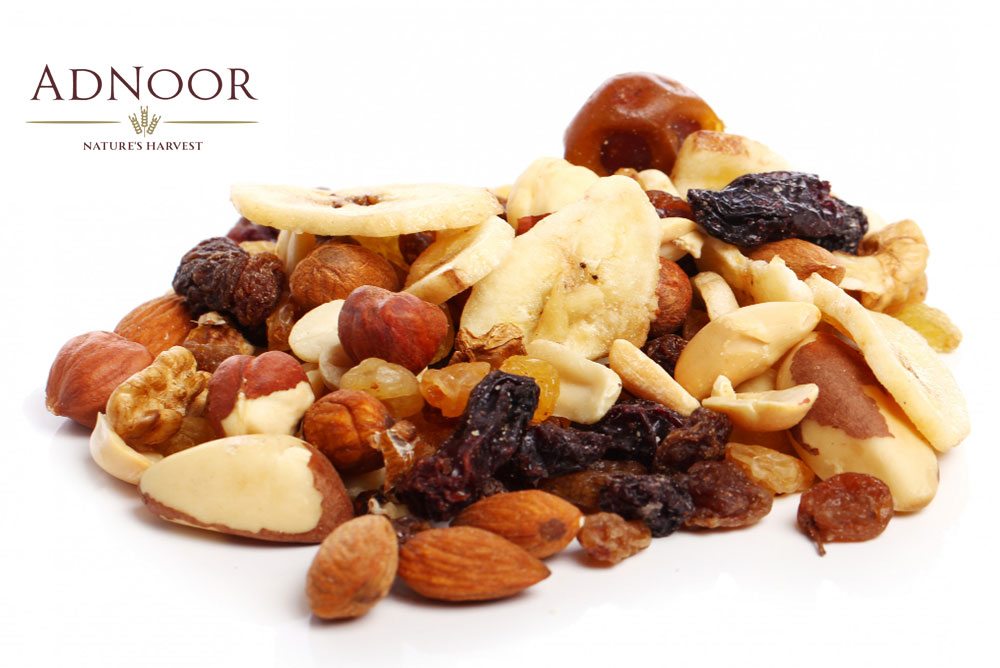


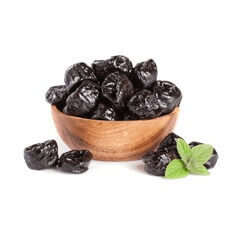
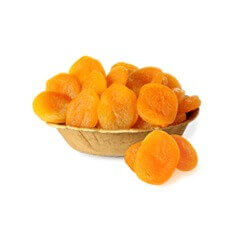
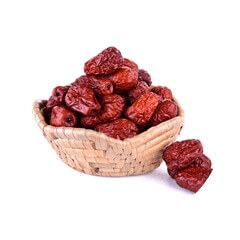

Discover the Best Dry Fruits for Optimal Health - Adnoor
June 27, 2023[…] Inc.’s premium dry fruits, you can truly enjoy the best of both worlds – a tantalizing taste experience that contributes to your overall […]